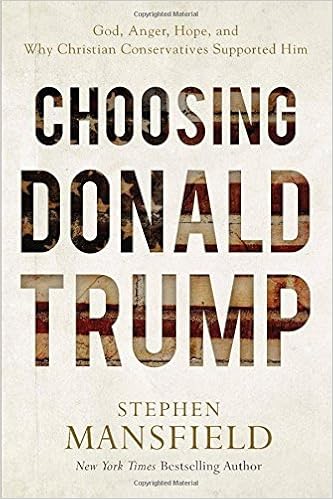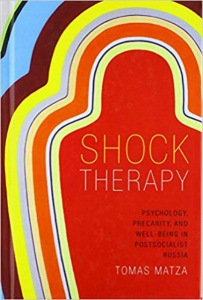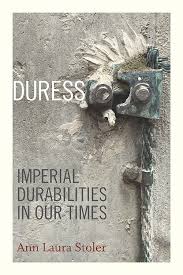![Trumped Up: How Criminalization of Political Differences Endangers Democracy by [Dershowitz, Alan]](https://images-na.ssl-images-amazon.com/images/I/418B0kLHA7L.jpg)
In Trumped Up Professor Dershowitz demonstrates beyond any doubt that he is a man of both letters and principles. Commercially, that may prove to be the undoing of the book since the extremists on both sides of the political spectrum will find plenty to condemn. But that is exactly why this book is so important. Dershowitz has refused to buy into the binary politics that have paralyzed public debate and, in so doing, threaten democracy itself.
As you would expect from a professor of law at Harvard, the writing is superb. It is concise and clear and you don’t need a Harvard degree to understand it. Dershowitz deftly avoids the jargon of both academia and political extremism. Perhaps most refreshingly, he studiously avoids the weasel words and phrases (e.g., “experts say,” “mainstream opinion,” etc.) that have destructively diluted the authenticity of political dialogue and debate today.
In discussing “corrupt motive”, for example, Dershowitz concludes, “Anglo-American law is based on precedent. What happens today can be used tomorrow. So beware of creating precedents that lie around like loaded weapons in the hands of overzealous or politically motivated prosecutors.” Simple, concise, and clear.
By definition words are imprecise. Unlike oxygen and sunshine, they are a human convention. A skillful writer or orator can use the wiggle room that always exist in their meaning to promote a position that is strongly supported, but not entirely conclusive. We can’t expect anyone of the professor’s lingual skills not to utilize those skills any more than we can expect a MLB outfielder to intentionally drop a fly ball now and again to prove he is human. But while Dershowitz races up to the warning track in a few cases he always pulls up. It would be unfair, I think, to characterize anything in this book as distorted or misleading.
My only reservation about the book is that it doesn’t always stay within the lines of its title. While he covers the criminalization of political differences in depth, he does get sidetracked from time to time in his defense of Israel and, for example, the role of Keith Ellison on the Democratic National Committee, and his past disagreements with people like John Flannery and Noam Chomsky. His positions are well-reasoned and important expansions of the public record. I only worry that they will draw attention away from the primary theme of the book.
That is to be expected from a man of principle, however. The man has the fortitude it takes for constancy. And, in the end, I applaud the professor for both his passion and his courage.
At 193 pages it is a quick read. I highly recommend it.
![Did God Really Command Genocide?: Coming to Terms with the Justice of God by [Copan, Paul, Flannagan, Matt]](https://images-na.ssl-images-amazon.com/images/I/51VGvCQ3YdL.jpg)




